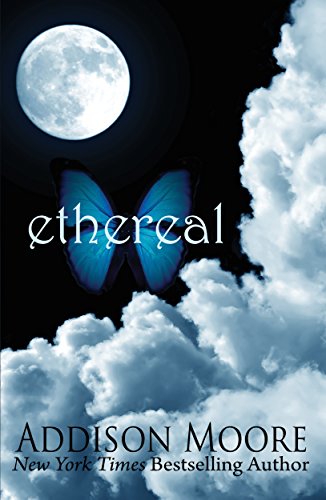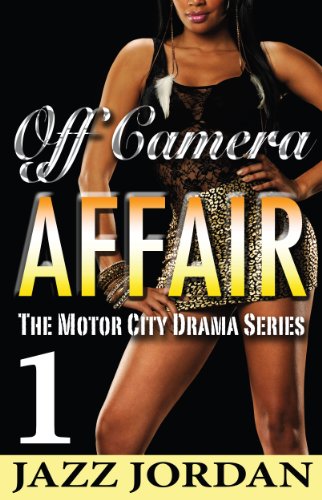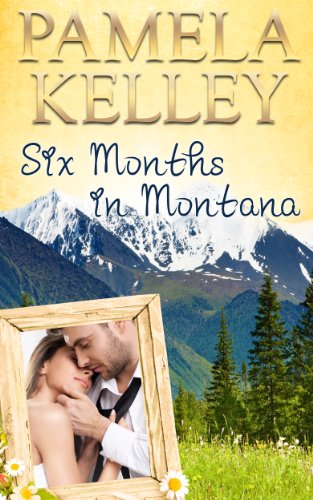Now we’re back to offer our weekly free Romance excerpt, and if you aren’t among those who have downloaded Tinker’s Knob, you’re in for a real treat:
People say you can’t ever go back. That some of the things that happen to us simply cannot be redone. But the paths of a life journey are rarely straight. They twist and turn and wind back across those once visited and long thought to have faded from existence.
Becca Miller has lived her life trying to do the right thing, even when its cost has been giving up the boy she loved and wanted to marry. The sacrifice she made for her sister isn’t one she regrets because there was no other choice for her to make. And for eighteen years, she lives this choice with full commitment and as little looking back as she can manage.
But when Matt Griffith returns to Ballard County for the funeral of his grandmother, the path that had seemed so straight begins to loop back and take her across feelings she thought she had put away for good. As it turns out, those roads we’ve traveled do not fade at all. They simply wait to be retraveled, leaving us with the decision to follow them exactly as we did before, or make a different choice and find out where it will lead us.
* * *

* * *
And here, for your reading pleasure, is our free romance excerpt:
Prologue
What is deservedly suffered must be borne with
calmness, but when the pain is unmerited,
the grief is resistless.
– Ovid
Then
There’s a moon tonight. It hangs in the sky above the barn, fat and full, a summer moon. It lights my path across the backyard, the parched grass beneath my feet making a brittle, crackling sound. Daddy says if we don’t get some rain soon, the corn crop won’t be worth cutting.
At the thought of him asleep in his bed, worn out from a day spent putting away over a thousand bales of hay, I feel a sharp pang of guilt for sneaking out of the house. I don’t like hiding things from Mama and Daddy. But it’s not as if they won’t know the truth soon enough.
Three weeks from today when I turn sixteen, John and I are getting married. I know we’re young, but I’m just glad I found someone who wants the same life I want. Mama says when people are different and don’t believe the same things, it’s not likely that a life together would ever work. My brother Jacob and my sister Becca are both choosing a different path, and I worry that what Mama said will come true for them.
I’ve always loved our life. Unlike some of the girls I know from church, I never once wanted to be like the other people we saw in town on Saturday trips to the grocery store. Never wished for things we didn’t have. I like the idea of being the same at the end of my life as I was at the beginning.
I tighten the strings of my white bonnet and pick up my pace, nearly running when I reach the big sliding doors at the front of the hay barn. I pull one side back, slip through, leaving it slightly cracked for light.
John is waiting inside for me. He smiles his lopsided smile and reaches for my hand. “Hey, Emmy.”
“Hey,” I say, and something inside me melts a little at the sound of his voice on my name. I guess at my age it’s hard to know what real love is, but I suspect what I feel for him is close enough. He makes me laugh, and seeing him fills me up with the kind of warm feelings I used to get when Grandma Austin would make me hot chocolate on snowy days.
He pushes a bale of hay against the wall for us to sit on, knocking to the floor the old metal pitchfork Daddy uses to dole out flakes of hay to the dairy cows. Once when I was a little girl, Becca left this exact pitchfork lying outside by the water troughs one morning when she was helping Daddy feed. I didn’t see it and stepped on it. One of the sharp tines stuck through the ball of my foot, and Mama had to take me to the emergency room to get a tetanus shot. As a punishment, Becca had to do my milking chores for two weeks.
I start now to pick the fork up and prop it back in the corner, but John takes my hand and pulls me down next to him, and I forget about it.
We talk for a bit, sharing little pieces of our day and thoughts we’ve had about our wedding. He puts his hand on mine and looks at me with a sweet pride. “I’m going to talk to my dad about us living in the little house on our farm,” he says.
I lean back and look at him, both surprised and pleased. “You think it’ll be okay?”
“Once they get used to the idea, they’ll be glad to have us so close.”
I feel a wash of relief at this, just knowing that’s one thing we won’t have to pay for. John and I both realize we’ll have a hard time making ends meet at first.
We sit, quiet, his hand still resting on mine. After a while, he leans over and kisses me, and I think how it’s nice to feel love in another person’s touch. That out of all the things I want from life, this would top the list.
We kiss for a few minutes under the unspoken agreement that until we’re married, things won’t go any farther again. I rub my thumb across the freckles on his cheek and then loop my fingers through his wavy red hair.
“Maaatt! Becccca!”
The voice booms out of nowhere, the names slurred at the edges. John and I both sit up with a start.
“Who is it?” John asks.
“I don’t know,” I say, straightening my dress and standing.
The door opens, and three shadows fall across the darkened dirt floor of the old hay barn.
“Matt! Becca!” the bigger boy calls out again. “You two in here going at it? Sayin’ your good-byes? You know he’s gonna forget all about you, Beeecca, once he’s at U-V-A with all those hot, smart chicks.”
“They’re not here,” John says, taking my hand and stepping forward into the sliver of moonlight shining through the open door.
“Who the hell are you?” The question contains more slur now than before, and I feel a pang of unease.
“John. John Rutrough.”
“John John Root Trough,” the boy repeats in a slow, mimicking voice.
Laughter floats out from the other two shadows and seems to hang suspended from the rafters above us.
“Who are you?” I ask.
The boy in front walks over to stand in front of me. I can smell the alcohol on his breath along with the sickeningly sweet scent of something else I don’t recognize. “Now what does it matter who I am?”
“Y’all better go on now,” I say, shivering even though the night air is muggy and hot.
The boy stares at me as if he’s not sure I’m worthy of his attention. “Where are Matt and Becca? His car’s parked over at the mailbox.”
“I don’t know,” I say. “Maybe walking in the orchard. They do that sometimes.”
He glances back at his friends and snarls a laugh. “Matt’s gettin’ it in the orchard. I should have known.”
“Please. You have to go,” I say, afraid my parents will wake up and come down to the barn.
He glances at me, his eyes squinting as if he’s having trouble focusing. “What are you two doing out here, anyway? Y’all playin’ grown-ups?”
The questions have something ugly at their core, and I feel a new wave of fear. I take a step back, and John reaches for my hand.
“Aww, itn’t that sweet?” The boy lurches forward, reaching out to untie the strings of my bonnet. “Maybe we need to give you two a lesson in what real grown-ups do when they’re alone. Looks to me, John John Root Trough, like you haven’t figured it out yet, seein’ as how you haven’t even gotten her out of her bonnet. But then what else would we expect from a Dunkard boy? Hard to learn about the world hidin’ behind your mama’s skirt.”
He yanks the bonnet off my head, one of the bobby pins in my hair catching. I yelp, and John lets go of my hand to give the boy a shove. “John, no,” I say. “Let it go!”
The boy staggers backwards and then rights himself like a listing buoy. He stares at John for a moment, as if he can’t believe what he just did. His face contorts with anger, a black, drunken thundercloud of it. He pokes John in the chest with one finger and says, “That how you want to play then?”
“Y’all get on out of here,” John says, and I hear the fear beneath the words.
“We’ll go when we’re good and ready,” the boy says. “But first I think I’d like to see what’s under that dress. It’s gotta be somethin’ to be hidden so well.”
John makes a sound then that sounds like a roar of fury. He charges at the boy. They stumble backwards, and I hear myself scream as if the sound is coming from someone else.
John is no match for him, and they roll around on the dirt floor, kicking and throwing fists. I hear John groan, and I begin to scream for them to stop. The other two boys start trying to break it up, but the first one is much bigger and flings them off like paper dolls. John manages a swing that connects with the boy’s jaw and makes an awful cracking sound.
Everything goes completely still then, the boy touching his face and staring at John in disbelief. The moment just hangs there, and I start to pray as hard as I know how that they will leave.
But the boy erupts in a volcano of fury, running at John like a bull aiming to take down a wayward steer. And this is the moment I will relive over and over again. I see it in slow motion, the boy’s shoulder connecting with John’s chest. John reeling, arms flailing in mid-air. And then a horrible noise I can’t identify as he hits the ground. Like the sound of a nail puncturing a tire as the air starts to hiss out.
I run to him, screaming, screaming. His eyes are wide open, an expression of shock frozen in place on his freckled face. And then I lower my gaze to the middle of his chest where the pitchfork tines have pierced straight through.
I put a hand to my mouth and drop to my knees, air refusing to fill my lungs. I think it was this exact moment when for all intent and purpose, I stopped breathing. Trapped in the forever haunting knowledge that if I had just picked up the pitchfork as I’d known to do, the ending might have been so very different.
Fix Sunday
“The happiest moments of my life have been the few which I have passed at home in the bosom of my family.”
Thomas Jefferson
Now
Martha Miller loved Fix Sunday.
Especially one as nice as this warm, early spring afternoon when members of the Booker Hill Brethren Church flowed out the doors of the quaint white building onto the green grass surrounding it. Families extended invitations to follow each other home after the service for a meal and fellowship.
Martha had never felt as adept at pulling it off as many of the women now surrounding her in the front yard of the church. Most of them she had known the majority of her seventy-four years, and she’d often wished that she could be like those who showed not a single sign of apprehension when a dozen cars ended up in their driveway, hungry friends and neighbors pouring out the doors.
Martha’s own mother had always managed the day with grace and hospitality. As a child, Martha remembered Sundays when forty or more men, women and children would fill every table in their home, and even a few makeshift eating arrangements set up under the oak tree in the back yard – sheets of plywood on wooden barrels that were then draped in tablecloths. Martha’s mother had taught her well how to handle the preparation of food for an unknown number of guests. How to prepare huge pots of vegetable soup and apple cobblers early in the week that were then frozen and pulled out on Sunday morning where they were left to thaw so they could be quickly reheated after church.
Martha and her oldest daughter Rebecca, Becca as they had always called her, had done just this the previous Monday, using canned jars of vegetables, tomatoes, corn, squash and okra, which they’d put up last summer from Becca’s bountiful heirloom garden. There would be no question that they had enough food to go around this afternoon, and for this Martha was thankful.
Exactly one hour past the end of the church service, she stood at the doorway of her own family dining room, holding a pitcher of sweet tea in her hands. There were a dozen guests today plus three of her own family members, Becca, son-in-law Aaron and granddaughter Abby. Multiple threads of conversation could be heard from where Martha stood. She loved the fellowship of these Sunday afternoons, the always voiced appreciation of a good meal, the comfort to be found in repeated ritual and familiar faces.
She looked down the long harvest table to see who needed a refill, then stepped forward and added more tea to Esau Austin’s glass. Aaron had just finished sharing the story of one of their dairy cows who refused to go into her milking lane until Aaron put her favorite alfalfa hay at the front.
Esau thanked Martha for the tea, and then to Aaron, chuckled and said, “Easy enough to see who’s running that show.”
Warm laughter drifted up, and from her seat across the table, Becca glanced at her husband with affection. “They like to let him think he’s in charge.”
Once she’d completed a round with the tea, Martha took her own seat next to Abby who had finished her soup and was dipping out another serving from the big white stoneware bowl at the center of the table with the appetite of youth. “This is really good, Grandma,” she said.
“Thank you,” Martha said, patting Abby’s hand. “I’m glad you like it.”
Esau put down his glass of tea and ran a hand through his white beard. “I guess you all heard about Millie Griffith’s passing,” he said, his aging voice suddenly serious.
With the words, something in Martha’s heart caught, a spasm of sorts that startled her with its intensity. One hand automatically went to her chest. She lifted her gaze and let herself look at Becca only to find confirmation that Esau’s news had hit her with equal effect. Becca’s face had lost its color, her eyes brimming with instant tears.
Martha felt the curious gazes of those sitting nearby and forced normalcy into her voice when she said, “I’m so sorry to hear that. She was a kind lady.”
Esau nodded. “She was.”
“The funeral,” Becca said, the words uttered with what Martha heard as deliberate neutrality. “Do you know when it is?”
“Tomorrow morning,” Esau said. “At eleven o’clock.”
Becca stood and slid back her chair, the legs making a sudden scrape against the wood floor. She grasped the table edge, her fingers white against the grain, steadied herself and then said, “Excuse me, please,” before walking quickly from the room.
Martha heard the screen door off the kitchen at the back of the house wheeze open, then shut with a loud clap that made her flinch.
She glanced at her son-in-law and saw that he, too, had made a connection of worry in this news. It was there in the wrinkle of his brow, the firm set to his mouth. Martha could only hope that they were both wrong, and that there was no need for concern. Becca was a mature woman who had long ago put her own desires beneath the needs of her family. It was hardly fair to doubt her now.
But Martha also knew that Mrs. Griffith’s passing would bring the woman’s grandson back to the county. She knew, too, that there would be no talking Becca out of attending tomorrow’s funeral.
A wave of tiredness gripped her, so intense she could barely sit straight beneath its onslaught. Maybe, somewhere along the way, she had become complacent, allowed herself to believe that what was done was done. Even though she had once questioned the path they’d taken, she had deferred to her husband’s judgment, certain that their actions had been for the greater good.
Sitting here at this table, a table around which she had raised her three children, Becca, Jacob and Emmy, she could admit she no longer knew. And she could not help but wonder if, in the end, a single choice that had seemed so right at the time, an act of obedience on her part, would be the final definition of so many lives.
Departures and Arrivals
“Life can only be understood backwards;
but it must be lived forwards.”
– Soren Kierkegaard
Now
The day of Millicent Griffith’s funeral dawned as a sparkling April morning, a day when the entire town of Ballard appeared dewy and again renewed under spring’s generous return. The back parking lot of the Ballard Methodist Church overflowed with cars and trucks alike, late arrivers for the morning funeral squeezing in along the grass edging. Others left their vehicles in the downtown library’s lot and walked north uphill to the church in a somber procession of dark silhouettes.
At two minutes before eleven o’clock, Becca Brubaker lingered at the entrance of the church sanctuary, her hands trembling against the strap of her black purse. With a look of forced determination, she walked down the center aisle and took a seat in one of the back pews. She kept her gaze focused straight ahead, never once letting herself meet eyes with those around her, a representative mix of Ballard County citizens in modern clothing as well as some members of her own Brethren community wearing black shawls and black bonnets with their conservative print dresses.
The organist played a Charles Wellsley hymn, the old Methodist song rising up to fill the place with a combined sorrow and celebration. Becca sat with her hands folded in her lap, the words playing through her head, each stanza soothing her with a stoic peace. She’d told herself over and over while she was getting dressed this morning that she had every right to be here, every right to pay her respects to a woman who had meant a great deal to her, her motives void of anything more calculated than a wrenching sense of loss.
Drawing in a steady breath, she let her gaze sweep the front of the church, spotting him instantly at the end of the pew directly in front of the casket. Matt. The sight of him brought with it a start of electricity, a reigniting of something long ago extinguished.
Even from this distance, Becca could feel the waves of his grief, as if the connection between them had never been severed, and she could still feel what he felt.
Guilt clanged inside her like the ring of the church bells that had called everyone into this sanctuary to honor the life of Millicent Griffith. There had never been any question that he would be here today, and maybe that should have been all the reason she needed not to come. Certainly, this was true in the eyes of her mother and her husband. Even after all these years, still swimming upstream when it would have been so much easier to follow the natural path of things and simply stay away. And yet, she needed to say this good-bye.
Becca longed, suddenly, for Matt to turn his head, to drink in the sight of him, imagining that this full on appraisal would quench the thirst inside her the way a glass of cold water cooled her throat after hours of working in her garden. It was wrong, this need that had consumed her in the hours since she’d learned of Mrs. Griffith’s death. But a single thought had stuck in her mind, and she could not stop herself from worrying it the way a child worries a loose tooth. This was very likely the last time Matt would have a reason to come back to Ballard County, very likely the last time she would ever see him. She told herself that maybe there was relief to be found in this, as if the end were finally in sight, a final closing up of any lingering what-ifs.
People continued to file into the church, a blend of young, old and somewhere in between. Millie Griffith had been a woman known in the community for her devotion to helping those less fortunate. Programs created through her efforts varied from the collection of Christmas gifts for children with a parent in prison to the creation of a food bank where single mothers could come for groceries every Monday morning.
Despite the gap in generations between them, Mrs. Griffith had been Becca’s friend. For over fifteen years, Becca, along with her mama, and then later on her own, delivered eggs to the Griffith house on Highland Street once a week. By word of mouth alone, Mrs. Griffith single-handedly helped grow the Miller’s egg business to the point where Becca could hardly make all the deliveries in one day. And, to Becca, personally, she gave another kindness.
From the very beginning, Millicent Griffith had accepted Becca as if she were any other girl her grandson had chosen to date. As if she believed they had a right to be together.
Becca let her eyes drift to the back of Matt’s head again, struck anew with the reality of seeing him. She’d imagined it too many times to count, until their past began to seem like someone else’s dream.
During that last summer when they’d been together, Matt had been a seventeen-year old boy. Today, she saw the man he had become, his shoulders wider now beneath his dark suit, his jaw line more defined. He was the kind of man women call good-looking, the kind of man who would never be single. She could not help but wonder, then, why there was no one by his side today.
The reality of that ignited a spark of gladness inside her that seemed beneath her. Had she hoped somewhere deep down that if she could not have him, then no one else would, either?
The thought was a selfish one. After all, she had known from the beginning that the bar had been set too high. That in spite of what they felt for each other, people were different, and no matter how much they wanted to believe otherwise, those differences mattered.
In the end, those differences had separated them.
In the end, they mattered more than either of them could ever have imagined.
Click here to download the entire book: Inglath Cooper’s Crossing Tinker’s Knob>>>

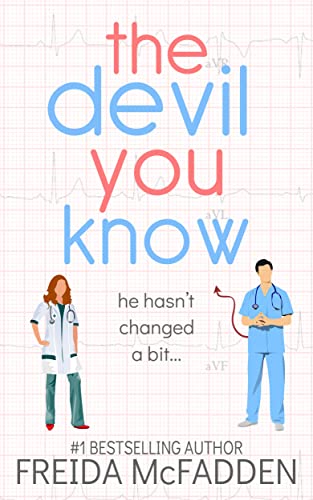
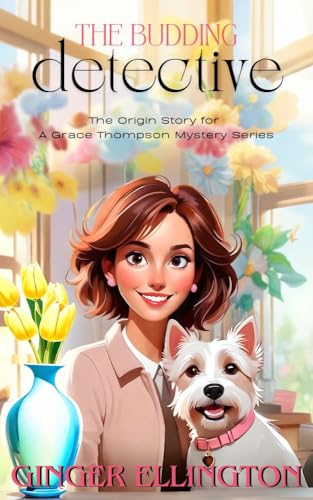
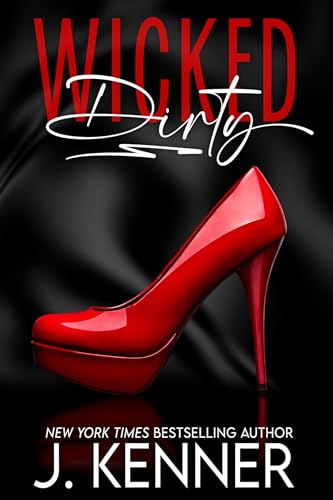

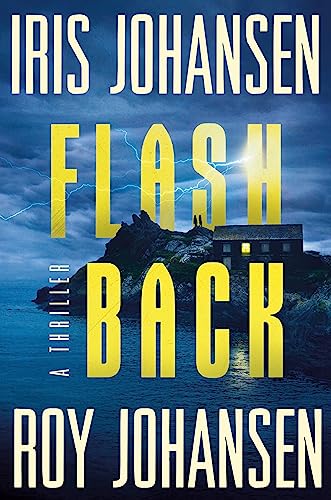
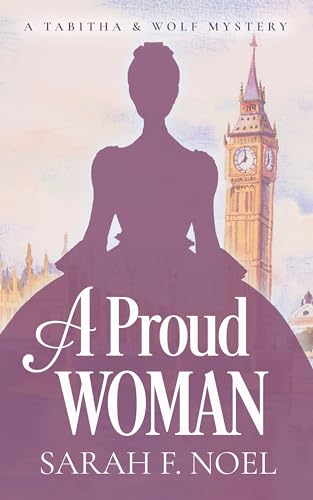
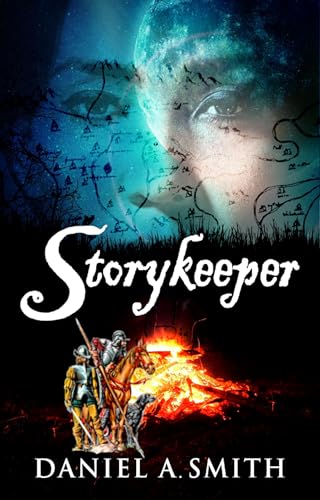
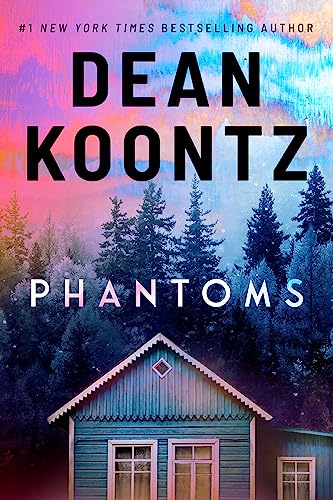
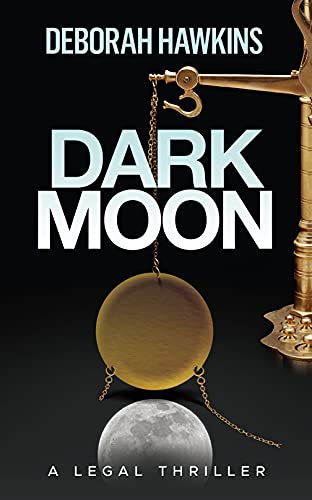
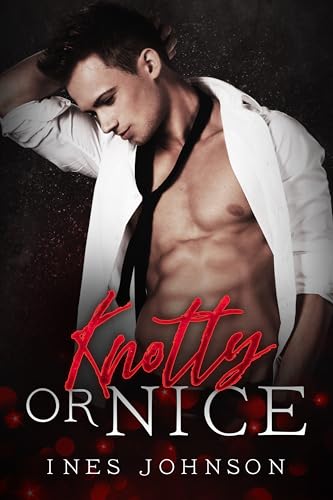
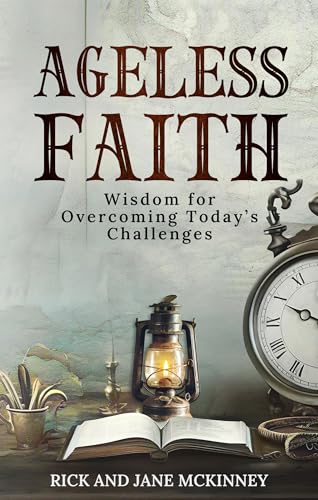







 Bestselling, RITA® Award winning author Inglath Cooper fell in love with books as soon as she learned how to read. She is a Virginia girl who also loves dogs, compassionate people, being outside, summertime, pretty much all vegetables and happiness.
Bestselling, RITA® Award winning author Inglath Cooper fell in love with books as soon as she learned how to read. She is a Virginia girl who also loves dogs, compassionate people, being outside, summertime, pretty much all vegetables and happiness.




